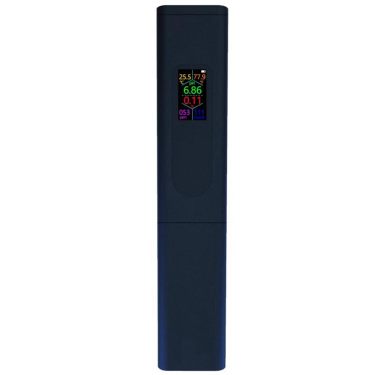**Pool Thermometer: Essential Tool for Monitoring Water Temperature**
May 5, 2025 | News | No Comments

,字数在1000字左右。
html
Pool Thermometer: Essential Tool for Monitoring Water Temperature
A pool thermometer is a simple yet indispensable tool for any pool owner. Whether you have an above-ground pool, an in-ground pool, or even a hot tub, keeping track of water temperature ensures comfort, safety, and optimal chemical balance. In this article, we’ll explore why a pool thermometer is essential, the different types available, and how to choose the best one for your needs.
Why You Need a Pool Thermometer
Monitoring your pool’s water temperature is more than just about comfort—it plays a crucial role in pool maintenance. Here’s why:
- Swimmer Comfort: Water that’s too cold or too hot can make swimming unpleasant. A thermometer helps you adjust heating or cooling systems accordingly.
- Chemical Efficiency: Many pool chemicals work best within specific temperature ranges. Warmer water can accelerate chlorine depletion, while colder water may slow down chemical reactions.
- Energy Savings: If you use a pool heater, knowing the exact temperature helps avoid unnecessary heating, saving energy and reducing costs.
- Safety: Extremely warm water can promote bacterial growth, while very cold water can pose risks like hypothermia during prolonged exposure.
Types of Pool Thermometers
Pool thermometers come in various styles, each with its own advantages. Here are the most common types:
Keyword: pool thermometer
Floating Thermometers
These thermometers float on the water’s surface, providing an easy way to check temperature without manual dipping. They often come in fun shapes and colors, making them a popular choice for families.
Digital Thermometers
Digital thermometers offer precise readings and often include additional features like memory storage for tracking temperature trends. Some models even connect to smartphone apps for remote monitoring.
Infrared Thermometers
These non-contact thermometers measure surface temperature by detecting infrared energy. While convenient, they may not always provide the most accurate readings for water temperature.
In-Line Thermometers
Integrated into the pool’s filtration system, these thermometers provide continuous temperature monitoring. They are ideal for automated pool systems but require professional installation.
How to Choose the Best Pool Thermometer
Selecting the right pool thermometer depends on your specific needs. Consider the following factors:
- Accuracy: Look for thermometers with a reputation for precise readings, especially if you rely on temperature for chemical dosing.
- Durability: Choose a model that can withstand pool chemicals, UV exposure, and rough handling.
- Ease of Use: Floating and digital thermometers are user-friendly, while in-line models may require more setup.
- Additional Features: Some thermometers include extras like freeze alerts, waterproof designs, or Bluetooth connectivity.
How to Use a Pool Thermometer Correctly
To get the most accurate readings, follow these tips:
- Place the thermometer in a central location away from pool returns or skimmers to avoid skewed readings.
- Allow the thermometer to adjust to the water temperature for at least 2-3 minutes before checking.
- For floating thermometers, ensure they move freely and